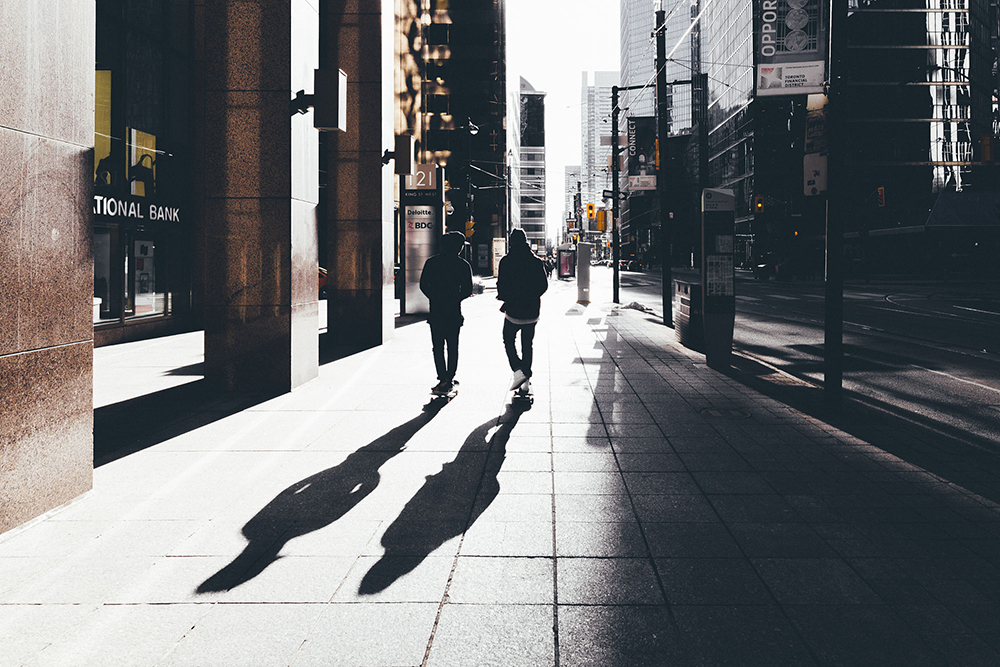
Understanding signs of caffeine dependence depends on consumption and how it affects an individual. While it has aspects of being addictive, many don’t realize it doesn’t have the same effect on the body like drugs or cigarettes. Caffeine may have health benefits helpful to some, but it may pose health risks to others depending on how often it is consumed. A dependency may also explore reasons why people consume it. Some claim they need it to start the day while others depend on it to help them stay awake and alert.
Caffeine is found in certain foods such as coffee, including products considered decaf. While products claim to be decaf have caffeine removed, studies show many of these products will still have traces of it. Sometimes it is compared to energy drinks because of the level of energy it can make a person experience. While such drinks include caffeine some have high levels of sugar. Sugar alone can make people get hyper like caffeine, but caffeine has a stronger effect of addiction that can lead to withdraw symptoms when your body craves it.
Withdraw symptoms from caffeine dependence vary from person to person. They can include muscle pain, headaches, moodiness, nausea, and more. Some people experience severe symptoms when they don’t have caffeine for a short time. Others feel like they can’t function without starting the day with caffeine. The affect withdraw symptoms leave can be bothersome and make it difficult to function during the day or sleep at night. Some choose to do away with caffeine by quitting cold turkey, but others slowly work it out of their diet to decrease intensity of symptoms.
Studies have shown caffeine may not be as addictive as you think despite evidence. It is said to affect the body differently than a person addicted to a drug. Because of this it is defined as a stimulate that stimulates the nervous system. Studies also conclude caffeine is easier to break from and when you leave it alone for a few days your body is less likely to look for it unless you start consuming it again. Since people can break from caffeine easier than addictive substances such as drugs or alcohol, is it really safe to keep consuming it?
Overall, having a caffeine dependency may not be as bad as originally thought. People are able to break the habit of consuming it easier than someone trying to kick a drug habit. Those looking to cut down or eliminate caffeine should pay attention to foods they eat and how much is present in it. Coffees and pop, for example, will detail how much caffeine is in the product. Some use caffeine pills to rid of migraines or strong headaches, but addiction through this method seems low or non-existent. Caffeine is consumed by most age groups, but research is needed to understand whether long lasting effects of regular consumption help or hurt the human body. Experts suggest limiting consumption and pay attention to how your body reacts.
codemore code
~~~~